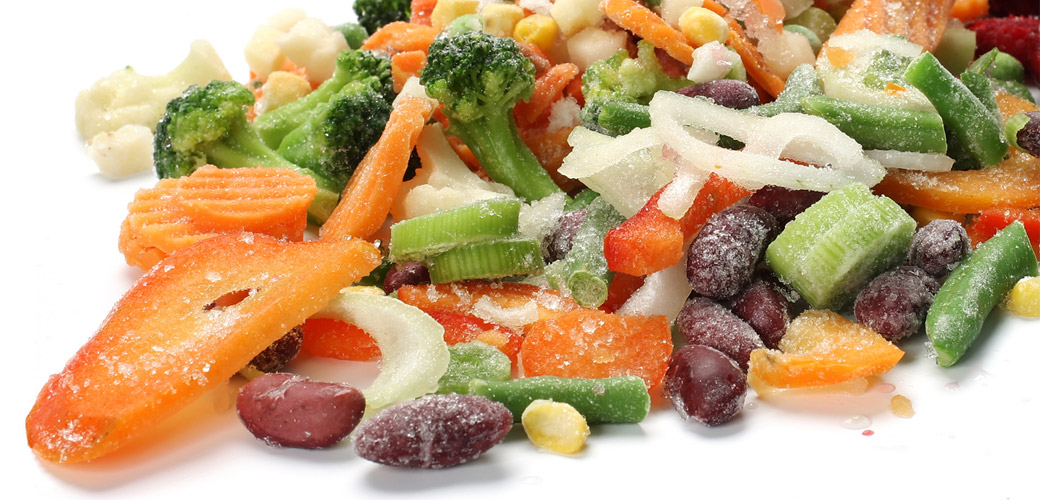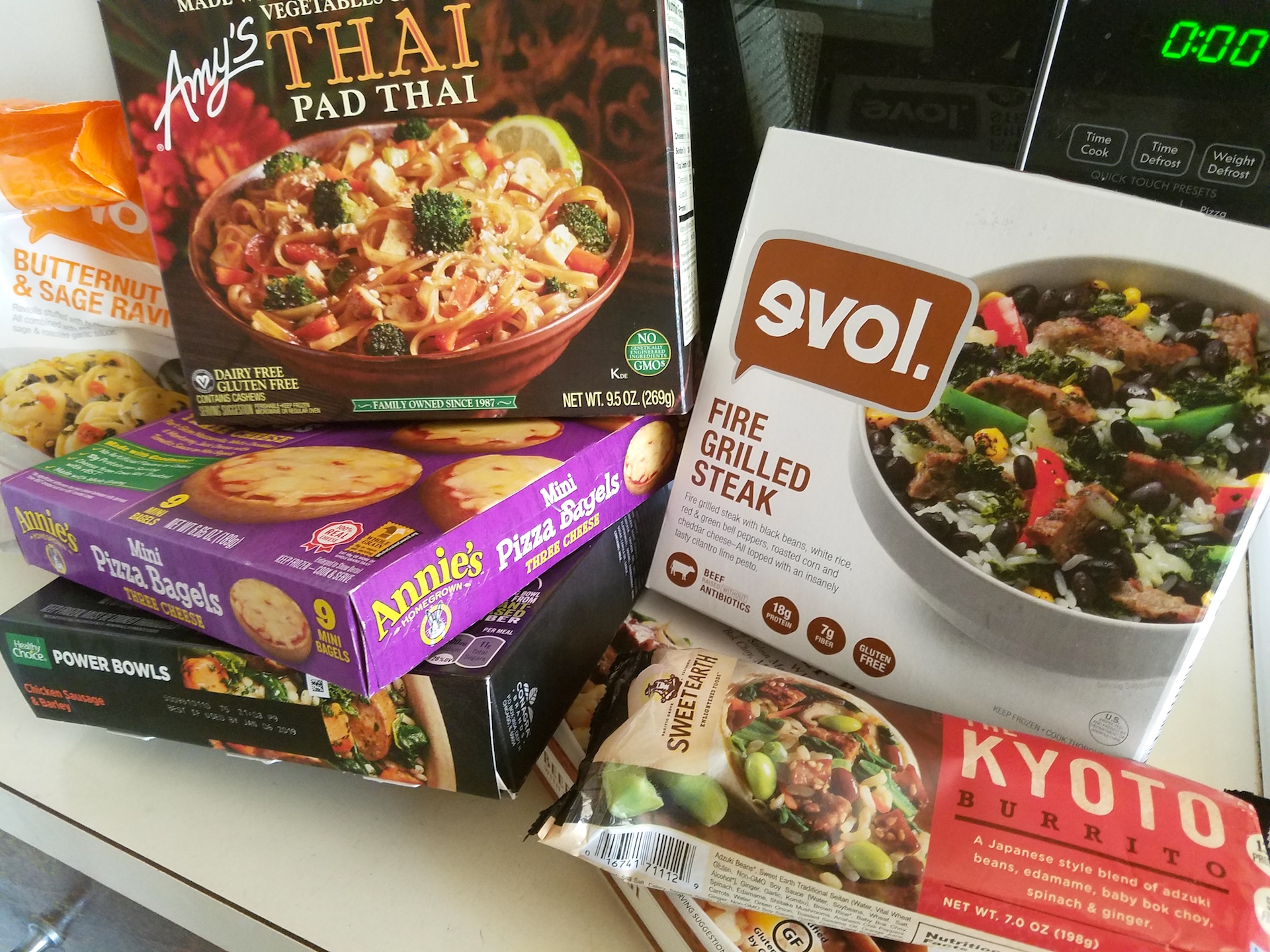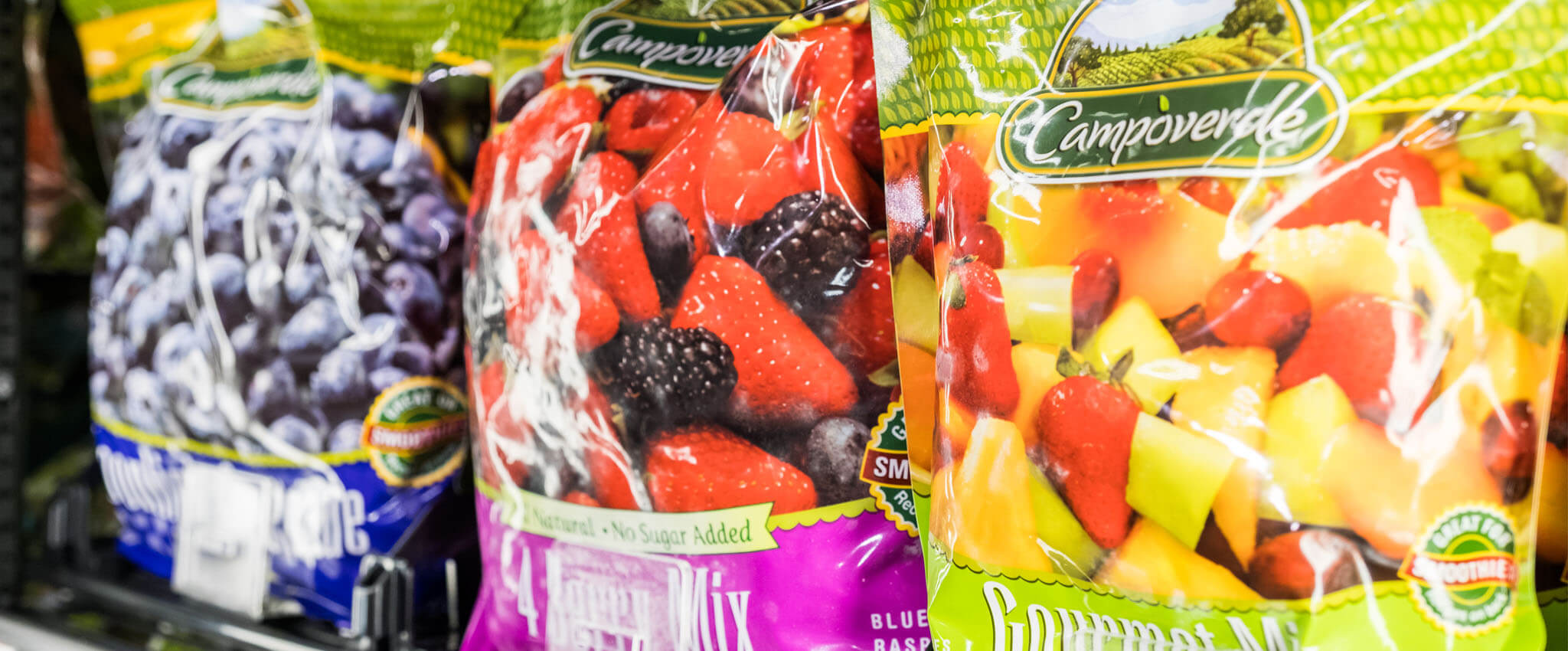Frozen Food Healthy Or Not
Is Frozen Food Healthy?
Frozen food has come a long way from being a mere frozen dinner. In today's market, it is not only convenient but also healthier than you may think. It is commonly thought that fresh food is the healthiest to eat, but frozen food can be just as nutritious. To determine if frozen food is healthy, you should look at the ingredients and nutrition information of the food you are buying.
Nutrition in Frozen Foods
Many frozen foods contain essential vitamins and minerals that help you stay healthy. Frozen fruits and vegetables are often picked at the peak of their ripeness and flash-frozen to preserve their nutrition. This means that when you buy frozen fruits and vegetables, you are getting the same nutritional value as fresh produce that has been sitting on the grocery store shelf for days.
Frozen dinners can be a great option for those who are short on time and need a quick, convenient meal. Many frozen dinners contain whole grains, lean proteins, and plenty of vegetables. Just be sure to read the nutrition labels and ingredients to make sure you are getting a healthy meal. Choose frozen dinners with fewer than 500 calories and low amounts of saturated fat, cholesterol, and sodium.
Benefits of Eating Frozen Foods
Eating frozen food can have many advantages. It is often cheaper than fresh food, and it is also a much more convenient option. You don't have to worry about buying too much and it going bad before you can eat it. Also, frozen food is often more nutritious than canned food. Canned food can contain a lot of added sugar and sodium, which can be unhealthy. Frozen food, on the other hand, has no added sugar or sodium.
Frozen food is also a great way to save time. You can quickly and easily prepare a delicious meal in minutes. Plus, you don't have to worry about dealing with fresh produce that may be wilted or overripe. Frozen food is always ready to go and can be cooked in minutes.
Tips for Eating Frozen Food
When eating frozen food, it is important to read the nutrition labels and ingredients. Many frozen foods contain added sugar and sodium, so be sure to look for those ingredients. Also, be sure to check the package for a “best by” date. Frozen food typically has a longer shelf life than fresh food, but it is still important to check the date before you buy it.
Finally, be sure to store frozen food properly. Always store frozen food at 0°F or below. This will help keep the food fresh and maintain its nutritional value. Freezing food is a great way to preserve its nutrition and make sure it is healthy and safe to eat.
Conclusion
Frozen food can be a great option for those who are short on time or on a budget. It is often cheaper than fresh food and is usually just as nutritious. Just be sure to read the nutrition labels and ingredients to ensure you are getting a healthy meal. Frozen food can be a great way to save time and money, and it is just as healthy as fresh food.
Healthy Frozen Meals? No Such Thing! - Making Love in the Kitchen
Are Frozen Veggies Less Healthy? - Food Myths #2 - YouTube

Massive frozen foods recall due to listeria affects Costco, Walmart

√ 12 Contoh Frozen Food dalam Berbagai Bidang | Guru Sains

Eating frozen food reduces waste by half finds Manchester Scientists

Healthy Non Frozen Microwave MealsBestMicrowave

Frozen Food Fears: 4 Things To Know About The Listeria Recall : The

5 Cool Benefits of Frozen Foods - Retail Space Solutions

Fresh & Frozen Food - Northern Foods
FROZEN FOOD IS AS GOOD AS FRESH - Italian feelingsItalian feelings
